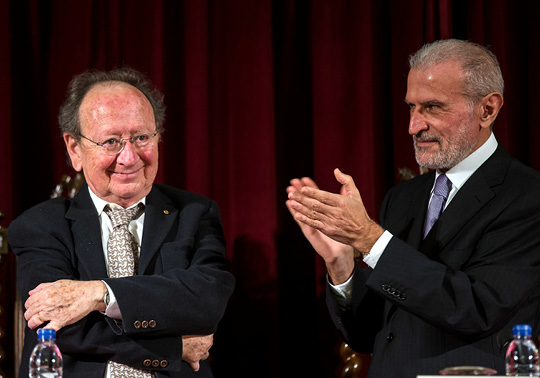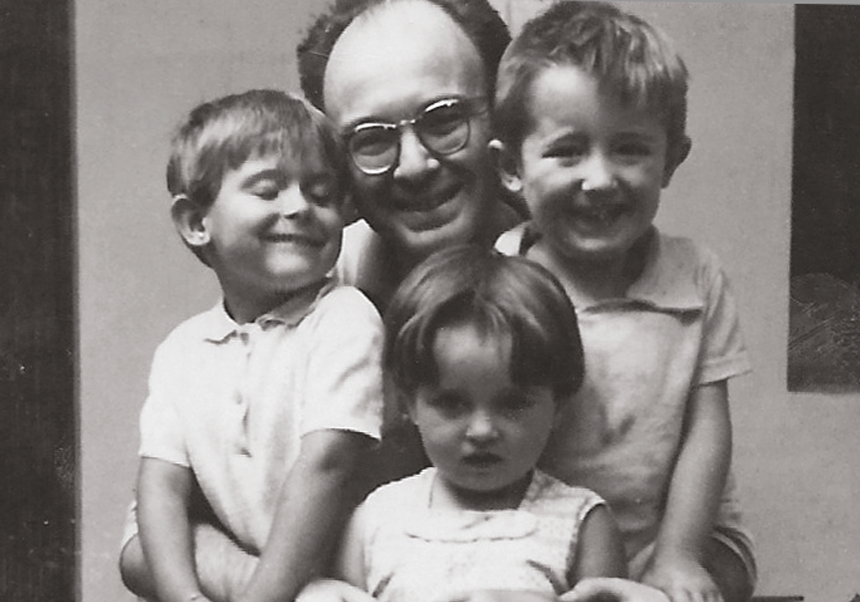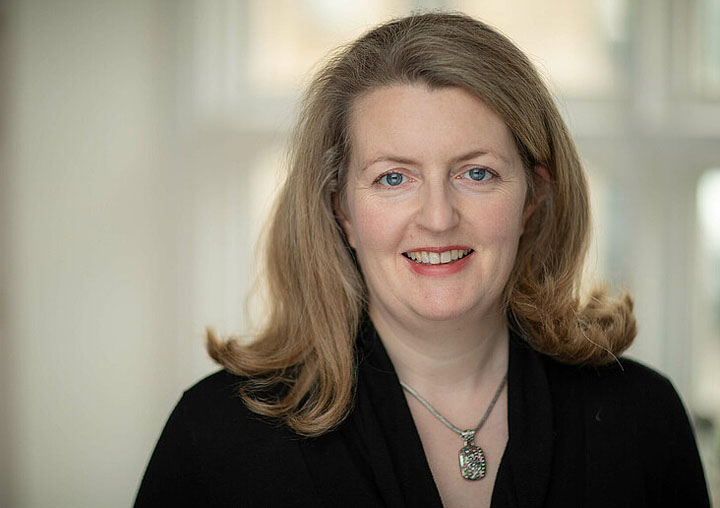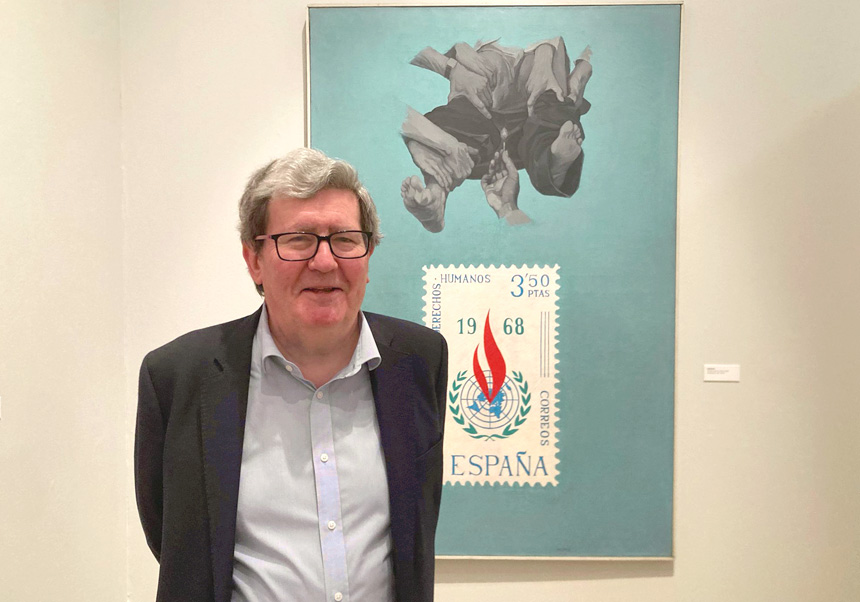The academic Joan Francesc Mira participates today at La Nau in the ceremonies of the 700th anniversary of the death of Llull
- February 7th, 2017

The professor, writer and academic Joan Francesc Mira (Valencia, 1939), recently awarded the Medal of the UV, participates today, Monday, 7 December, in the Escola Europea de Pensament Lluís Vives, with a conference titled ‘Sobre Dante y Llull’ (Talking about Dante and Llull), coinciding with the cycle devoted to Ramon Llull, the Majorcan theologian, philosopher and man of letters. The event will take place at the Aula Magna of the Cultural Centre La Nau at 19:00.
Mira will focus on “coincidences and parallelisms between Dante Alighieri y Ramon Llull” which, as he claims, “can be surprising, but they are perfectly real: The same era of big social changes, the same urban origin, the same world view, life understood as a journey or itinerary, and, above all, in all cases, the great creation of a literary language which would be the base of literature.”
The current member of the AVL (Valencian Language Academy) is a graduate in Philosophy by the Pontifical Lateran University, and doctor by the UV. He has worked with Claude Lévi-Strauss in Paris and he has collaborated with the Collège de France and the International Committee of Social Sciences, Vienna Centre. He has been visiting fellow in Princeton University, full university professor of institute and Greek professor in the universities of Valencia and Jaume I. He was founder and director of the Valencian Institute of Sociology and Social Anthropology and of the Ethnology Museum of Valencia, and he is member of the Institut d’Estudis Catalans, in the section of Philosophy and Social Sciences, and president of the Acció Cultural del País Valencià.
He is also author of more than 40 books, including social sciences, essays, novels, divulgation and the translation of fundamental classical texts such as the ‘New Testament’, the ‘Divine Comedy’ or the ‘Odyssey’. Some of his novels are ‘Els treballs perduts’ (1989), ‘Borja Papa’ (1996), ‘Purgatori’ (2003) or ‘El professor d’història’ (2008); among his essays, we can find ‘Crítica de la nació pura’ (1984), ‘Cultures, llengües, nacions’ (1990), ‘Hèrcules i l’antropòleg’ (1994), ‘Sobre ídols i tribus’ or ‘En un món fet de nacions’. He also wrote different collections of articles, and about a hundred of academic publications.
Likewise, among other prizes and honours, he has received the Lletra d’Or, the Creu de Sant Jordi, the National Prize of Translation, some Critics National Prizes and the Gold Medal of the City of Florence. He is Premi d’Honor de les Lletres Catalanes 2004 and since 1 December, the Medal of Honour of the UV.
The Escola Europea de Pensament Lluís Vives is a cultural project, boosted by the Office of the Vice-Principal for Culture and Equality of the UV, with the management of the General Foundation of the UV, which is configured as a space for reflection and open, participatory and critical debate about current issues at world level and also for the Valencian society.
This project counts on the collaboration of the AVL, which has participated in different university initiatives since 2004, such as the cycle ‘Clàssics a la Nau’ (‘Classics in La Nau’), ‘Els dijous de l’AVL’ (‘Thursdays in the AVL’), the exhibition about the Institut d’Estudis Valencians and the programme ‘Serenates’.
Now, the AVL has also approved its participation in the commemorative events of the 700th anniversary of the death of the Majorcan thinker and man of letters, and also its collaboration in the conference programme, in which the conferences of Joan Francesc Mira and Albert Hauf are included, the last one foreseen for 16 January, in the framework of the Escola Europea de Pensament Lluís Vives, as well as the edition of 1500 notebooks with the engraving of the ‘science tree’ of Ramon Llull.
The Escola also counts on the participation of other individuals of the Public administration and civil society: The President of the Valencian government, the City Hall of Valencia, the Valencian Department of Transparency and Education, Research, Culture and Sports, the Alfons el Magnànim Institute, the Escola Europea d’Humanitats and the Caixa Popular.
File in: Medalla de la Universitat de València , Conferències i debats , Centre cultural La Nau , Vicerectorat de Cultura i Societat
















